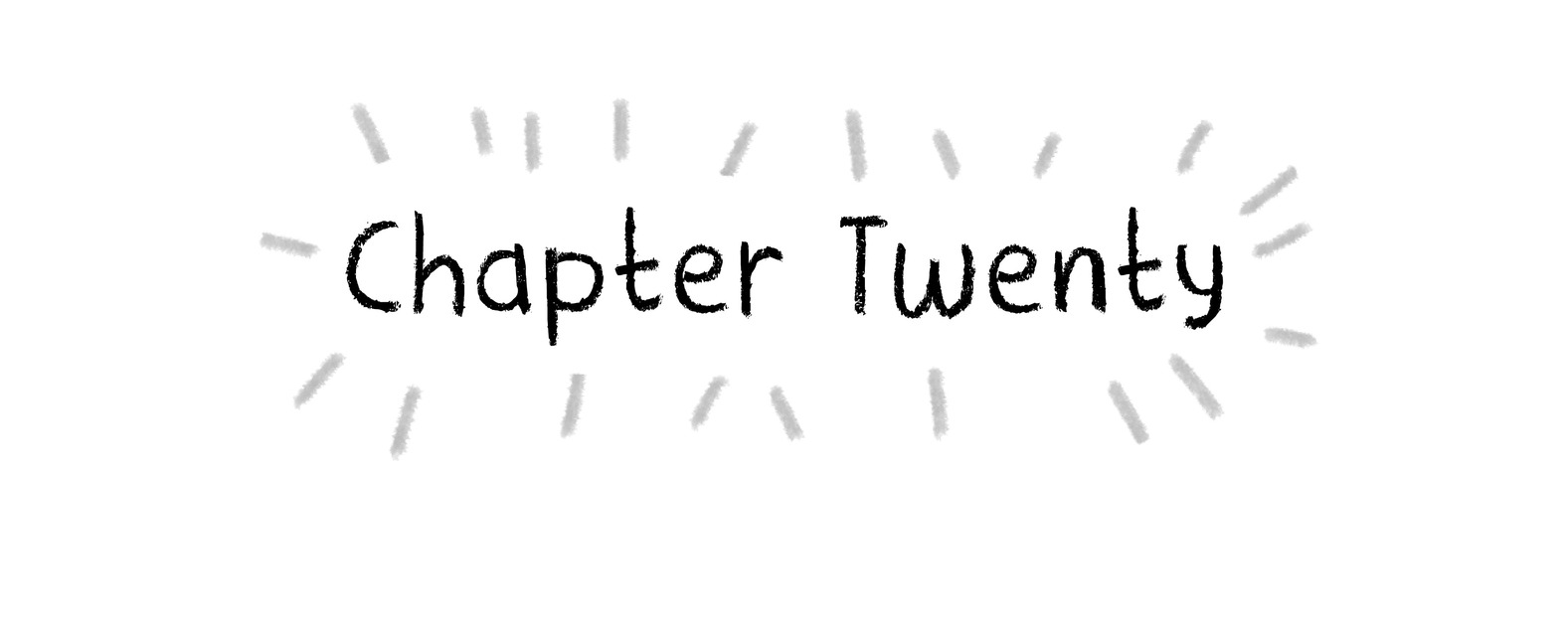“What’s special about us?” I ask.
Dr. Pretorius gets up from the long desk and comes over to Ramzy and me, and my heart starts to beat harder as I wonder whether she’ll be angry at my question.
Instead, she grabs the bicycle helmet again and holds it upside down to reveal the little metal bumps and nodules inside. She shakes her head sadly.
“See these here?” She points at the red-colored bumps that are dotted all over the inside, in between the other nodes. “These are receivers. They detect the minute impulses that your brain makes when it imagines things, and feeds them back into the images that the computer is creating. It’s my theory that it’s these tiny electrical charges that will make the virtual future so real—in fact, practically indistinguishable from reality.”
“I still don’t get why you can’t do it? I mean…” I run my finger over the inside of the helmet, straining to understand what she’s telling me.
“While your brain is growing, Georgie, these impulses are at their strongest and most numerous,” says Dr. Pretorius, speaking very precisely. “A child’s elastic mind, eh? We’ve always known that it’s a wonderful thing—a powerful thing, even. But we had no idea of just how powerful. Only a very young person can experience what I have created. Only a young person will see the future the system generates. I am way, way too old.”
I am pondering this when Ramzy claps his hands and exclaims, with shining eyes, “I’ve got it! You’re saying that this whole thing is powered by imagination!”
Dr. Pretorius beams with pleasure and gives her ascending laugh. “Ha ha ha haaa! You’re right—or at least partly right! What a wonderful way of putting it, young man!”
Ramzy blushes.
“There’s only one problem, kiddos.” Dr. Pretorius’s face straightens again. “I don’t have that long left to discover if my research has been worthwhile.”
Ramzy then says simply, “Why are you doing this?”
For a moment, Dr. Pretorius regards Ramzy, her expression a mixture of annoyance and contempt. At last, she repeats, “Why?”
Ramzy nods. “Yes, why? I mean, I can see why you’d want to know what the weather’s going to be like. But why else would you want to, I dunno, see the future?”
It’s as if Dr. Pretorius has to wait a moment for the full fury to load. Once it does, she unleashes it.
“Can’t you understand?” she yells, and we both flinch. She notices—and dials down her attitude. She continues, a little quieter, but the frustration is just below the surface. It’s a struggle for her, I can tell.
“This is something that humanity has been seeking since we lived in caves! Throughout history we have yearned to know what the future holds. Astrologists, soothsayers, prophets, those who cast runes, even palm readers at carnivals! Jeez—have you never read your horoscope and wondered if it might be true? Have you? Have you?” She doesn’t even wait for us to reply. “This goes way, way beyond knowing whether or not to take an umbrella with you.”
She marches out into the vast dark studio, barking her words over her shoulder, her hair shaking with excitement. We peer through the narrow doorway: she strides across the ball-bearing floor and stands in the middle of the dome, arms outstretched, shouting up at the ceiling.
“Just think, Georgie, think, Ramzy—imagine the horrors that could be avoided if we knew they were coming! Wars, murders, tyrants, natural disasters—the possibilities of this are endless!”
She’s getting louder. She levels her gaze and whips off her spectacles to fix us with her fierce pale eyes, like a husky’s.
“This is not some game. It ain’t a fancy toy. Do you not see? Isn’t it obvious? This has the potential to be the greatest thing ever created, and I will give it to the world! I don’t need more money, but if I die knowing I’ve prevented a war by foreseeing it, then what greater legacy is there? The parents of soldiers will thank me forever that their children are not killed in battle, their broken young bodies left to rot under a foreign sky!”
Is this something that Dr. Pretorius had rehearsed in her head? She strides up and down that green-black studio as if she’s delivering a speech to a crowd, not to me and Ramzy, who stand there, gawping. Anyway, however long this could go on (and I suspect she has rather a lot to say on the subject), she is stopped by an urgent beeping coming from one of the computer screens in the control room.
She halts midsentence. “Satellite’s overhead. Time for a trip to the future. Come with me.”
Now this is the point at which I should say no. I should say, “Sorry, Dr. Pretorius, but this is too dangerous. I don’t like keeping secrets from my dad, and I have no idea whether this is safe or not.”
But then I look across at Ramzy, and there’s no hesitation on his face. No reluctance. Just full-on, excited enthusiasm.
“Perhaps you should do it, Ramzy?” I say, and he grins at me. Before he replies, Dr. Pretorius is alongside us.
“Only one at a time, kiddos, and I don’t care which of you goes first.”
Ramzy, despite his excitement, hesitates. I hesitate.
Dr. Pretorius says, “You know we talked about probability? Well, how about a coin toss? Ha!” She takes out a coin. I call tails.
That’s how I end up having the helmet tightened round my head.
